Top 10 Greatest Minds In Mathematics That You Should Know
Anil - Apr 06, 2019
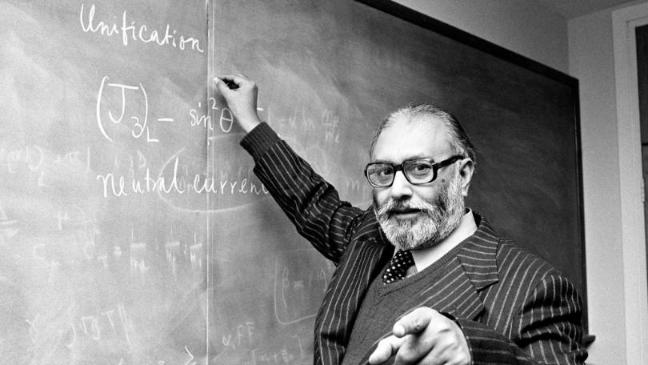
From ancient mathematicians to the father of modern computer science, have you ever heard about all of them?
- Delhi Is The World’s Most Polluted Capital City For Three Years In A Row
- Indian Farmers Install High-Tech, Night-Vision CCTV Cameras To Protect Themselves
- Looking For The Best Electric Bike In India 2021? Take A Look At These
1. Pythagoras
Known for: Pythagoras Theorem

Born in around 570 BC, Pythagoras was awarded as the “Father of Numbers”. One of his most influential works is the Pythagoras Theorem, which is considered as an elementary for many advanced fields in mathematics. His works influenced some of the greatest minds in the world’s history, such as Plato and Euclid.
2. Euclid
Known for: Euclid's Elements
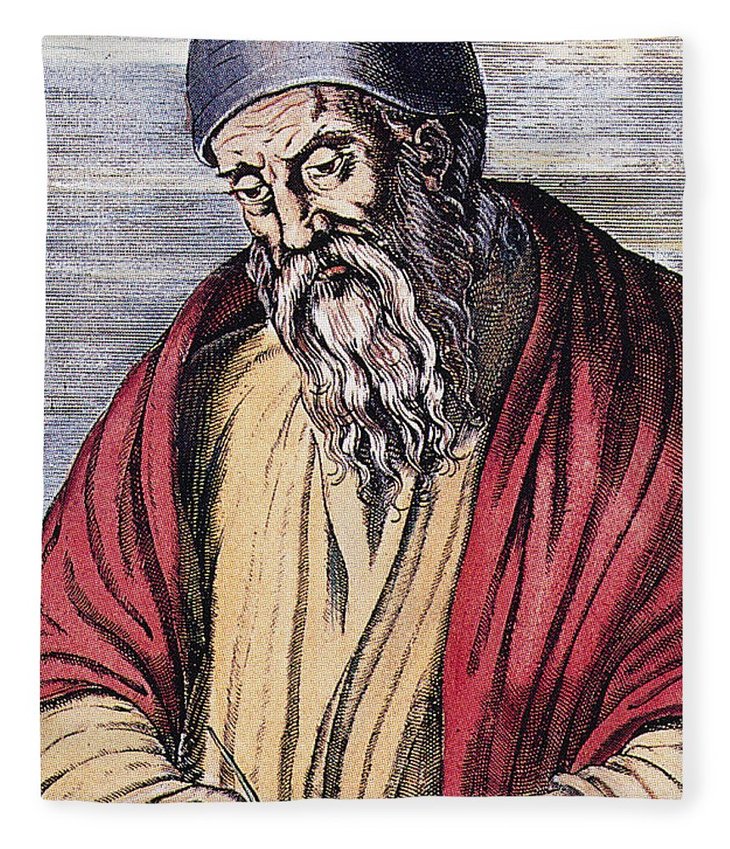
Euclid was a Greek mathematician, often referred to as the “Father of Geometry”. Euclid's works have been used as the major pillars for the teaching of mathematics ever since it was published. He developed several mathematical proofs which are still in use and highly regarded in more than 2,000 years later.
3. Archimedes
Known for: Archimedes Principle, Claw of Archimedes, Archimedes Heat Ray

Archimedes was born in 287 BC in the Greek city-state of Syracuse and educated in Alexandria, Egypt. Archimedes was famous for his contributions to the field of mathematics. He actually determined the exact value of pi. He is also known for his strategic role to develop military technology in the ancient war. In today’s high tech world, the Archimedes principle has numerous applications such as in building ships, submarines, hot-air balloon and so on.

4. Euler
Known for: Euler’s Identity Formula, Modern Analytic Geometry, Graph Theory and Topology

Euler is remembered as one of the most pioneering thinkers in mathematics. Most important notation of him maybe the idea of the function, as he was the first mathematician to designate the function by writing it f(x). He has a number named after him in calculus, which is very familiar to us and represented simply as letter “e”
“Read Euler, read him again and again, he is the master of us all”
5. Isaac Newton
Known for: Calculus, Newtonian Mechanics, Newton's Laws Of Motion, Universal Gravitation

Most of us have heard about how Newton discovered the theory of gravity after watching an apple fall in the garden. Throughout his life, Newton continued research into several fields, especially mathematics. Along with Leibnitz, he was awarded as the father of calculus. However, controversy later arose over who developed calculus between them. The dispute went on until the death of Leibniz.
6. Carl Friedrich Gauss
Known for: Gauss Distribution, Gauss Law, Statistics
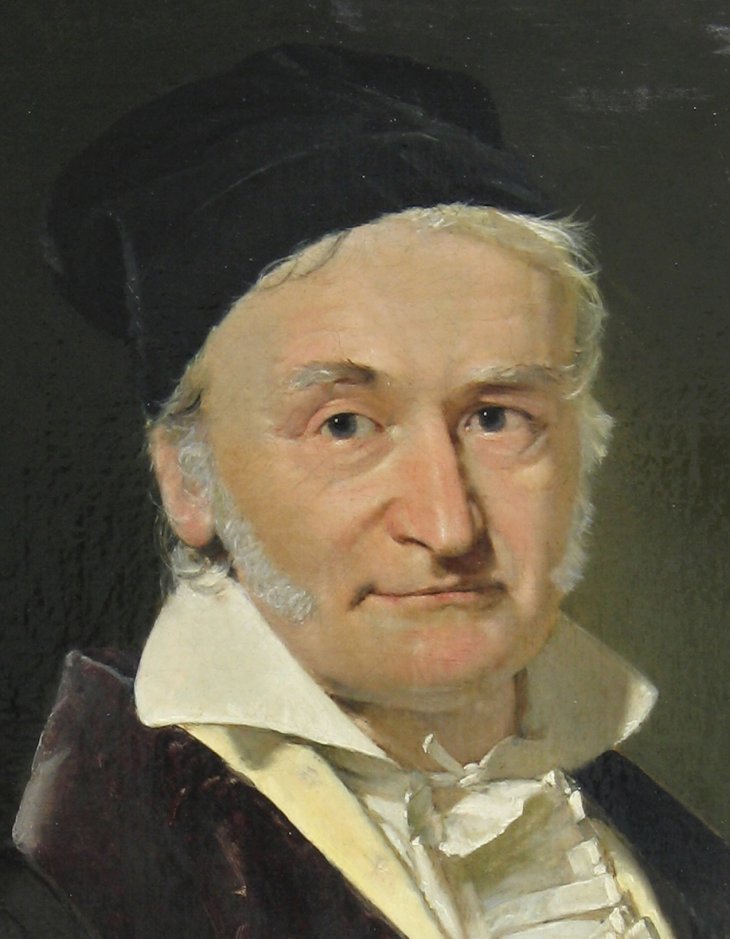
Gauss is occasionally referred to as the "the prince of mathematicians". Gauss's most influential writing was drafted when he was only 21, and still defines the understanding of number theory to this day.
7. Blaise Pascal
Known for: Pascal’s Triangle

Pascal was a child prodigy who was born in 1623. Surprisingly, the French mathematician was educated by his father and never attended any school. Geniusly, Pascal discovered his own Pascal’s theorem at the age of 16. Another attribution of him to mathematicians is the world’s first fully functional mechanical calculator, which he invented later at the age of 19.
8. John von Neumann (1903-1957)
Known for: Game Theory, Von Neumann Paradox
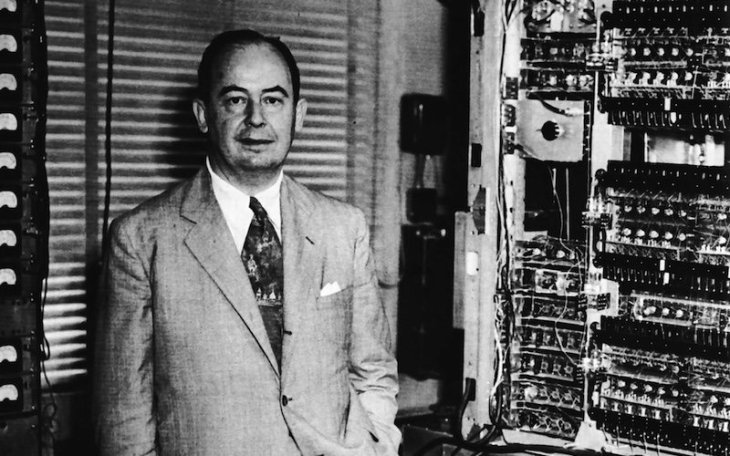
Neumann was a child prodigy and even received his Ph.D. in mathematics and a degree in chemical engineering at the age of 22.
9. David Hilbert
Known for: Hilbert's Basis Theorem, Hilbert's Problems
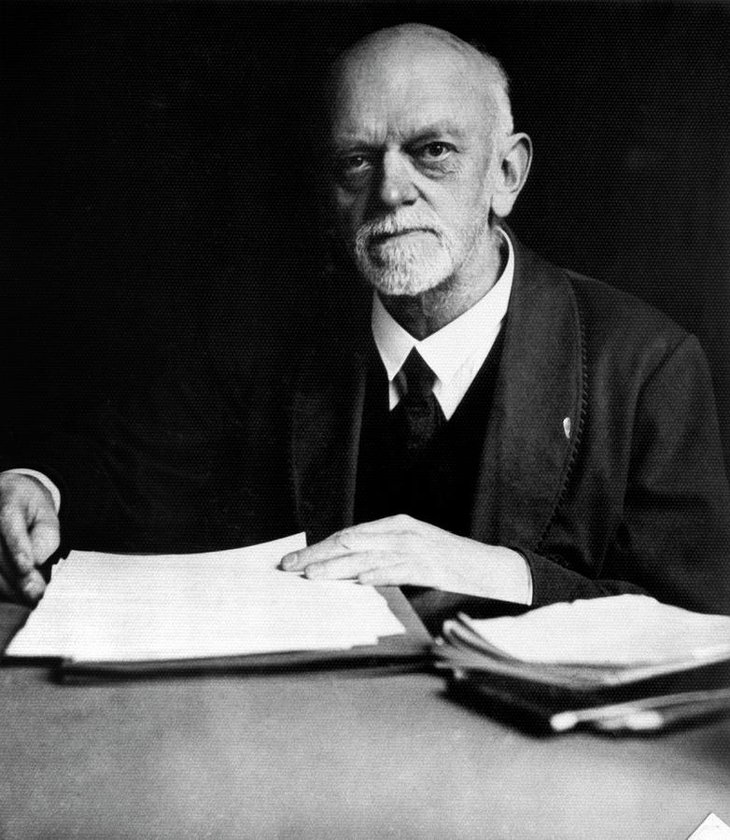
David Hilbert was an outstanding German mathematician. He had tons of works which significantly contribute to mathematics over the years. One of his famous works is to identify 23 important unsolved problems in mathematics and challenged the world to find solutions during the next century. These problems are also known as Hilbert's problems, and they inspired an entire generation of mathematicians.
10. Alan Turing
Known for: Codebreaking The Enigma Machine, The Father Of Modern Computer Science

With the essential idea of computer memory, Alan Turing was named as the Father of Modern Computer Science. You may learn about World War II, but did you know that Alan Turing had played a huge role in winning that brutal war? Enigma, a mechanical device used by the Nazis army to encode secure messages was decoded by Turing. Turing’s success did help Allied ships be away from the Nazis submarine attacks.
Featured Stories

Features - Dec 18, 2024
6 Cutting-Edge Features of Galaxy AI & Lineup of Supported Samsung Smartphones

Features - Jan 23, 2024
5 Apps Every Creative Artist Should Know About

Features - Jan 22, 2024
Bet365 India Review - Choosing the Right Platform for Online Betting

Features - Aug 15, 2023
Online Casinos as a Business Opportunity in India

Features - Aug 03, 2023
The Impact of Social Media on Online Sports Betting

Features - Jul 10, 2023
5 Most Richest Esports Players of All Time

Features - Jun 07, 2023
Is it safe to use a debit card for online gambling?

Features - May 20, 2023
Everything You Need to Know About the Wisconsin Car Bill of Sale

Features - Apr 27, 2023
How to Take Advantage of Guarantee Cashback in Online Bets

Features - Mar 08, 2023
Comments
Sort by Newest | Popular